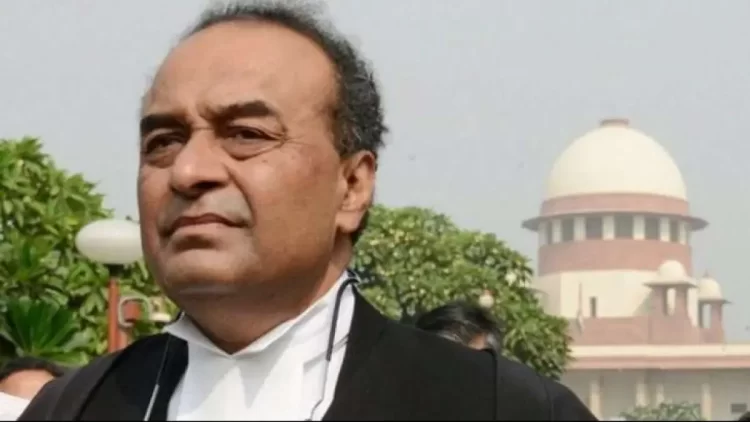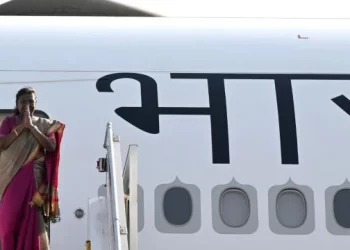In a legal development, former Attorneys General KK Venugopal and Mukul Rohatgi presented the cases of the Kerala and Tamil Nadu governments, respectively, before the Supreme Court. The petitions filed by both states highlight concerns about the alleged inaction of their respective Governors. Venugopal represented Kerala against Governor Arif Mohammed Khan, while Rohatgi represented Tamil Nadu against Governor R Ravi.
Both state governments contend that their Governors have not been cooperating with elected authorities in passing bills. Tamil Nadu accuses Governor Ravi of not considering crucial bills, leading to a Supreme Court admonishment for refusing assent to 12 bills. In Kerala, the government claims Governor Khan has been causing delays in granting assent to legislative bills.
During the proceedings, Venugopal argued that the Governors need to realize their role in the legislature under Article 168, citing instances of delayed actions. The Supreme Court, headed by Chief Justice DY Chandrachud, issued notices in both matters and sought assistance from either Attorney General R Venkataramani or Solicitor General Tushar Mehta.
Rohatgi informed the Court that Tamil Nadu is re-introducing ten bills previously sent back by Governor Ravi without providing reasons. The Court observed concerns about the Governor’s conduct and hinted that such issues should ideally not require court intervention.
The case was adjourned to December 1 after Attorney General Venkataramani urged for an extension, arguing against seeking “indirect assent” through the Supreme Court and pointing out that many bills were pending before Governor Ravi since January 2020.







 Finance
Finance







